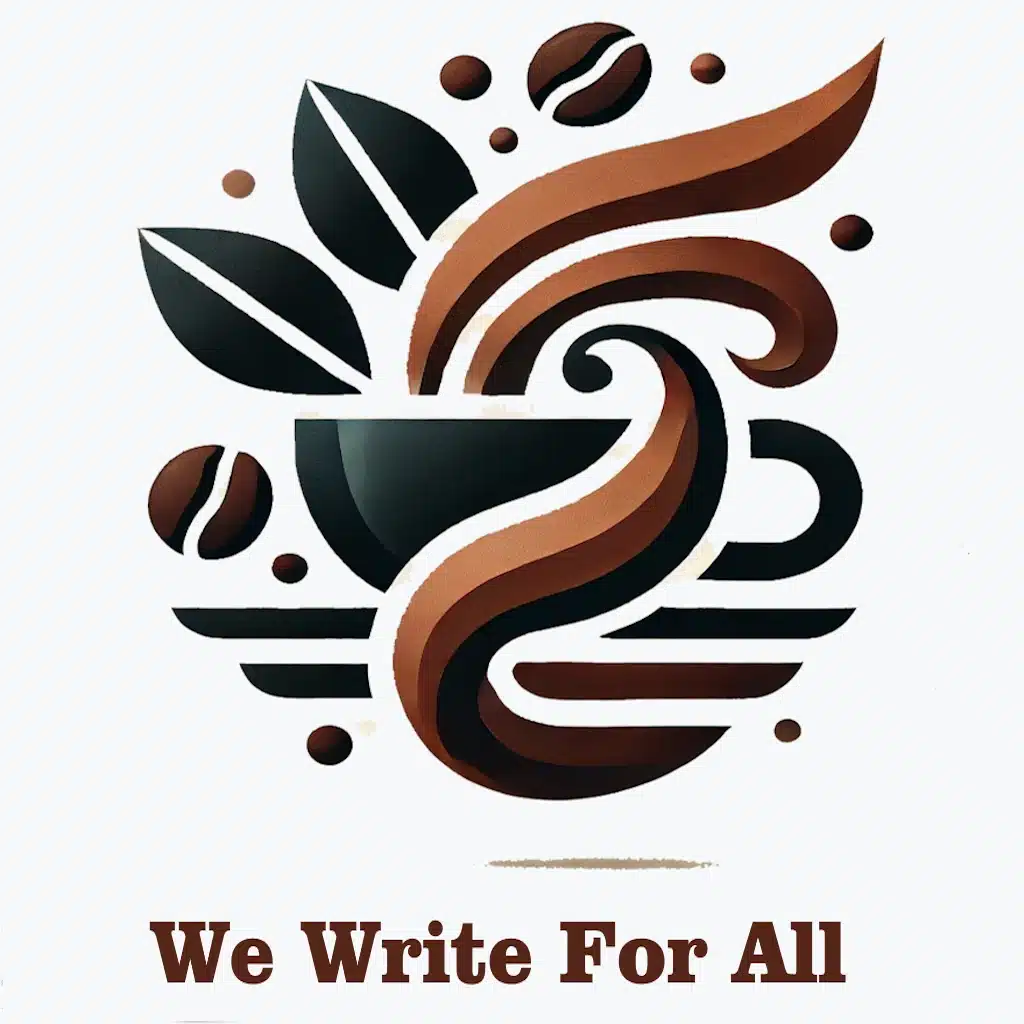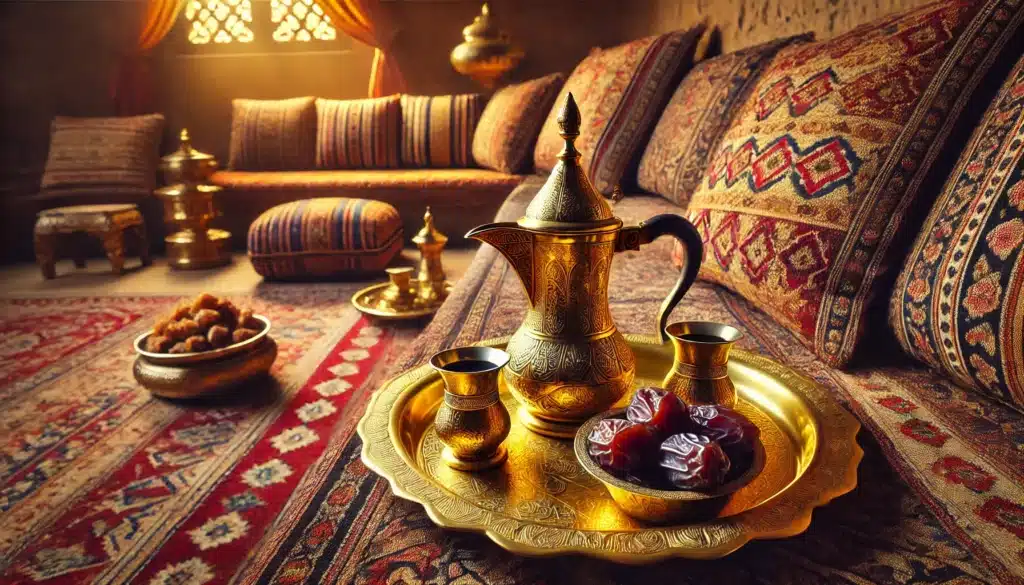The Middle East is not just a region where coffee is enjoyed — it’s where coffee was born as a social institution. Long before coffee shops became trendy around the globe, Middle Eastern societies had already transformed this dark, aromatic beverage into a central part of social life, diplomacy, religion, and hospitality.
In this article, we’ll explore how the tradition of coffee developed in the Middle East and why it continues to hold profound cultural significance today.
1. The Birthplace of Coffee Culture
While coffee’s botanical origins trace back to Ethiopia, it was in the Arabian Peninsula — particularly Yemen — that coffee as a drink was first cultivated, brewed, and shared.
By the 15th century, Sufi monks in Yemen were drinking coffee to stay alert during nighttime prayers. From there, it spread to Mecca, Medina, and Cairo, becoming essential in religious, intellectual, and social circles.
2. The Rise of the Qahwa House
The word “qahwa” (قهوة), meaning coffee in Arabic, gave rise to the first coffeehouses — known as qahwa houses — in cities like Istanbul, Damascus, Cairo, and Baghdad.
These early cafés became hubs for poetry, politics, music, and philosophy, earning the nickname “Schools of the Wise.” They were places of gathering where ideas brewed as freely as the coffee itself.
3. The Ritual of Arabic Coffee
Arabic coffee, often called “qahwa Arabiyya”, is not a single style but a broad tradition. Typically brewed with lightly roasted beans, it’s infused with spices like cardamom, cloves, or saffron and served in small cups without sugar.
In countries like Saudi Arabia, Jordan, and the UAE, the preparation and serving of Arabic coffee are performed with great ceremonial respect, usually in a dallah (traditional coffee pot) and poured by the host as a sign of honor.
4. Coffee and Hospitality
In Middle Eastern cultures, hospitality is sacred, and coffee is its symbol.
When a guest enters a home, offering coffee is one of the first gestures. Refusing a cup can be interpreted as distancing oneself from the host, while accepting it opens the door to conversation, trust, and connection.
In Bedouin tradition, three cups are customary: one for the soul, one for the sword (defense and loyalty), and one for the guest.
5. Religious and Political Controversy
Coffee hasn’t always been accepted without resistance. In the 16th century, religious scholars in Mecca and Cairo debated whether coffee should be allowed, as it was associated with stimulating thought and debate — sometimes threatening the political status quo.
Coffeehouses were even banned temporarily in parts of the Ottoman Empire, but their popularity made them impossible to suppress. Eventually, they became part of the cultural fabric.
6. Coffee in Ottoman Society
Under the Ottoman Empire, coffee flourished. It became a symbol of imperial elegance, served in elaborately decorated finjans (small cups) and often accompanied by sweets.
Women of the imperial court also held private coffee ceremonies, and mastery of coffee preparation was considered a desirable skill in marriage.
This deepened coffee’s role in both public and private life, from the palace to the market.
7. Modern Middle Eastern Coffee Styles
Different countries have developed their own variations:
- Turkish coffee (also popular in the Balkans): thick, unfiltered, and often sweetened.
- Lebanese coffee: similar to Turkish but often spiced with cardamom.
- Egyptian ahwa: served black or sweet, often in traditional cafés called ahwa.
- Emirati qahwa: very light in color, heavily spiced, and served with dates.
Each version reflects local preferences and historical influences, yet all share a foundation of ritual and respect.
8. Coffeehouses Today: Tradition Meets Modernity
Modern Middle Eastern cities are full of diverse coffeehouses, from ancient cafés that have served generations to sleek, global-style espresso bars.
In cities like Amman, Riyadh, Dubai, and Beirut, it’s common to see people drinking qahwa one moment and ordering a cold brew the next — a fusion of past and present.
Still, the traditional coffeehouse remains a sacred space for conversation, storytelling, and relaxation.
9. The Role of Coffee in Celebrations and Mourning
Coffee is deeply tied to life’s milestones in Middle Eastern culture.
At weddings, qahwa is served as a symbol of unity and celebration. At funerals, it’s served bitter and without sugar, symbolizing the grief of the moment. In both cases, coffee acts as a social and emotional anchor, bringing people together.
10. Coffee as an Identity Marker
For many in the Middle East, coffee isn’t just a beverage — it’s a marker of identity and belonging.
From the aroma that fills the home during a visit to the delicate dance of pouring and receiving, coffee reflects values like respect, generosity, and continuity.
Even in diasporas abroad, Middle Eastern communities keep coffee traditions alive — a steaming thread connecting them to their roots.
Final Thoughts: A Brew of Legacy and Connection
Coffee in the Middle East is more than a caffeine fix. It’s an art, a bond, a legacy. From the first qahwa houses in Mecca to modern cafés in Abu Dhabi, the tradition endures — elegant, powerful, and alive.
To sip Middle Eastern coffee is to drink in centuries of history and a culture that understands the beauty of slowing down, gathering, and sharing something warm from the heart.







